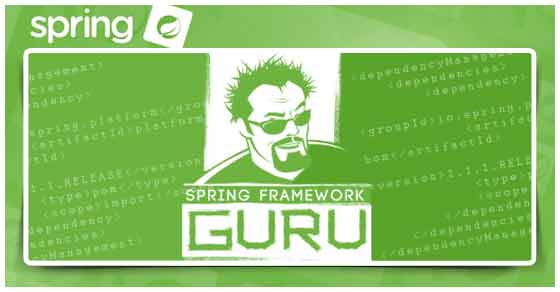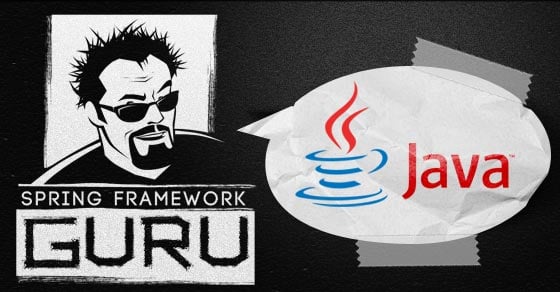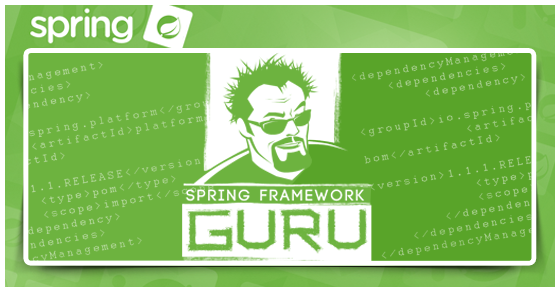Log4J 2 Configuration: Using Properties File
Log4J 2 is a logging framework designed to address the logging requirements of enterprise applications. Its predecessor Log4J 1.x has been around for more than one and a half decade and is still one of the most widely used Java logging framework. Log4J has even been ported to the .NET world. Log4net is one of […]Continue reading









